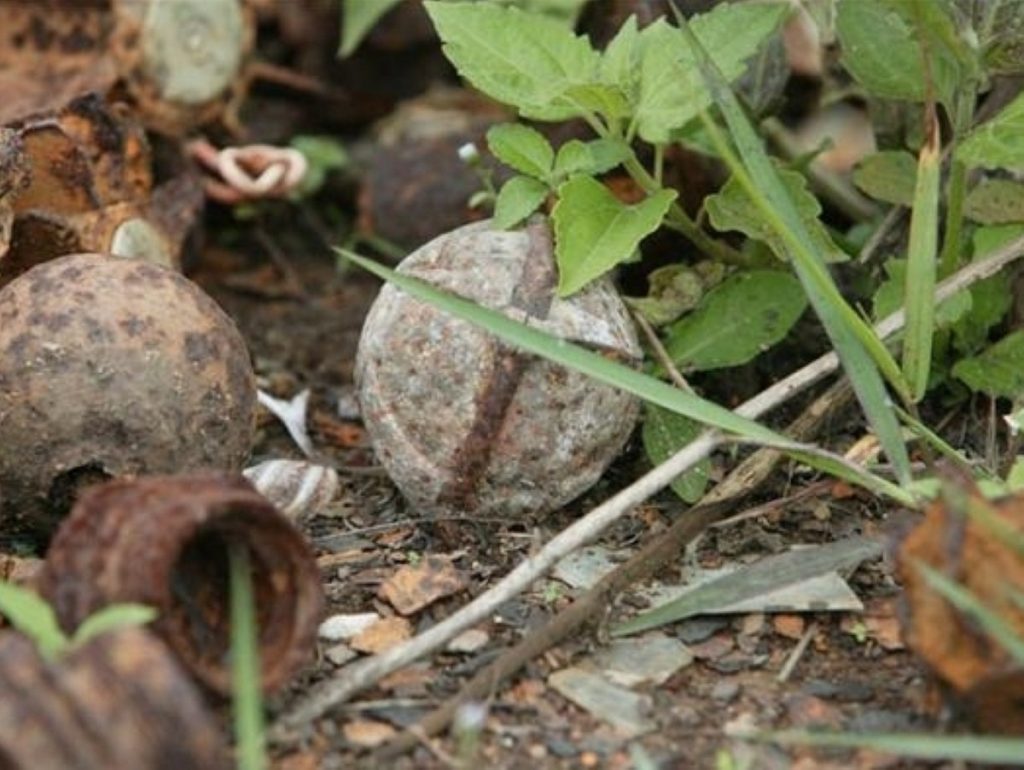UK bans cluster bombs
The UK is among over 100 countries signing the Convention on Cluster Munitions today, effectively outlawing the controversial weapons.
The convention, agreed on in principle in Dublin earlier this year prohibits the use, production, stockpiling and transfer of cluster munitions.
Foreign secretary David Miliband is in Oslo, Norway, to sign the convention that also commits the 107 signatories to destroying their stockpiles of cluster bombs, clearing contaminated areas and helping victims.
Eighteen out of 26 Nato members are signing the convention, but the United States and China are among the most high profile absentees.


But campaigners say the convention will succeed in stigmatising the weapon and prevent their use in the same way as landmines, which neither the US or China have officially outlawed.
The United Nations had been leading the bid to ban cluster bombs – explosives that fragment into hundreds of small submunitions – as they cannot distinguish between military and civilian targets and once deployed effectively become de facto landmines; more likely to cause death than injury.
The signing of today’s convention is already being hailed as a milestone by campaign groups.
“This historic treaty makes the world a safer place and will bring much needed help to thousands of affected communities,” said Barbara Stocking, Oxfam chief executive.
“Cluster bombs not only kill at the time they are dropped, but leave a deadly legacy, sometimes for decades after.”
Richard Moyes, policy director at Landmine Action and co-chair of the Cluster Munitions Coalition, added: “By signing this treaty, the UK has shown leadership and commitment to protecting civilians, and as a major military power this will help change the way wars are fought.”
As well as the UN, the International Committee of the Red Cross has worked to outlaw cluster bombs.
Its president Jakob Kellenberger said the committee was “honoured” to have been part of the process.
But he explained: “Yet we realise that the true measure of its achievement will be how the lives of people and communities affected change in the months and years to come.
“The historic process, of which the signing of this convention is a part, will only end when the use of these weapons has ceased, when stockpiles are eliminated, when contaminated areas have been cleared and when victims have been helped to rebuild their lives.”












